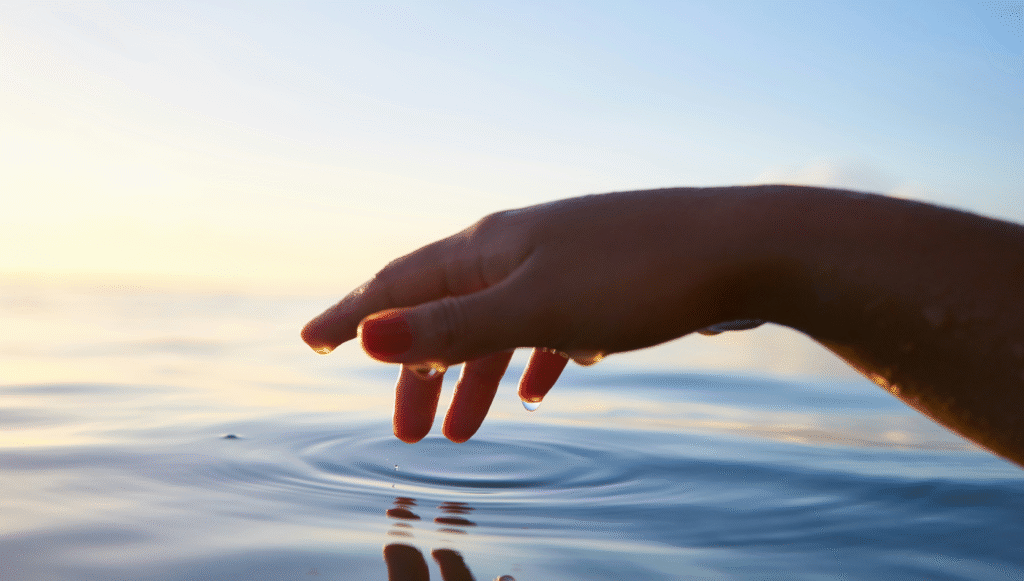(With 8 Iconic Examples)
Ever noticed how losing yourself in art can feel like a mini-vacation for your soul? Art isn’t
just for galleries; it’s a powerful healing tool. In fact, many artists have used creativity as a
form of self-therapy. Let’s dive into how art can heal and explore a few iconic examples.
Spoiler: you might just find a new way to de-stress and nurture your own inner artist.
1. Frida Kahlo: Painting Through Pain
Frida Kahlo famously turned her physical and emotional struggles into vivid self-portraits.
Her art became a mirror for healing, both for herself and for others. When we talk about how
art heals, Frida is a perfect example of turning pain into beauty.
2. Vincent van Gogh: Emotions on Canvas
Van Gogh poured his turbulent emotions into his paintings. His work shows that art can be a
form of emotional release, helping us express what words often can’t capture.
3. Yayoi Kusama: From Struggle to Infinity
Kusama used art to cope with mental health challenges, creating immersive infinity rooms
that invite others into her healing world. Her story is a testament to how creativity and
healing go hand in hand.
4. Keith Haring: Art as Social and Personal Healing
Haring’s bold, street-inspired art was a form of self-expression and community healing. He
used his creativity to advocate for love, equality, and hope.
5. Marina Abramović: Healing Through Performance
Abramović uses performance art to explore vulnerability and resilience. Her work shows that
art can be a powerful path to emotional healing.
6. Louise Bourgeois: Sculpting Inner Demons
Bourgeois channeled her childhood trauma into sculpture, exploring themes of identity and
the subconscious. Her art became a therapeutic exploration of her inner world.
7. Georgia O'Keeffe: Nature and Self-Discovery
O’Keeffe found solace in the landscapes of New Mexico, using her art to connect with nature
and her own sense of self.
8. Modern Art Therapy: Creating for Well-being
Today, art therapy is a recognized modality that helps people express emotions and find
healing through creativity. Whether it’s painting, drawing, or collage, the process itself is a
journey to wellness.
Conclusion:
In the end, whether you’re sketching in a notebook or just letting your creativity flow in your
own quirky way, art is a form of healing we all have at our fingertips. It’s about transforming
whatever you’re feeling—pain, stress, or even a jumble of emotions—into something
meaningful. We all have that inner artist who can turn a tough day into a tiny piece of beauty,
one brushstroke or doodle at a time.
So next time life feels heavy, remember that creativity is more than just making “art” in the
traditional sense—it’s about giving yourself permission to play, explore, and heal. After all,
the journey of healing often begins with a single creative step.
Why Art Therapy Works: The Science Behind Creativity and Healing
Believe it or not, there’s actual science behind why art therapy is so powerful. Engaging in
creative activities has been shown to reduce cortisol levels, the hormone associated with
stress. It activates different parts of the brain, encouraging relaxation and even a meditative
state. In other words, when you create art, you’re literally helping your mind and body to
unwind and heal. So if you’ve ever felt the urge to pick up a paintbrush or doodle away your
worries, know that there’s real science cheering you on. Give it a try—your inner artist and
your well-being will thank you!
Reflection: Your Turn to Create
Healing doesn’t always happen in big, dramatic moments. Sometimes it’s in the quiet act of
doodling on paper, coloring with your child, or scribbling words in a notebook. Creativity is a
birthright, not a talent test.
💬 Try this: Next time you feel anxious or stuck, grab a pen, brush, or even your phone’s
notes app. Let your emotions flow into shape or color. Then ask yourself: What did this
release for me?



